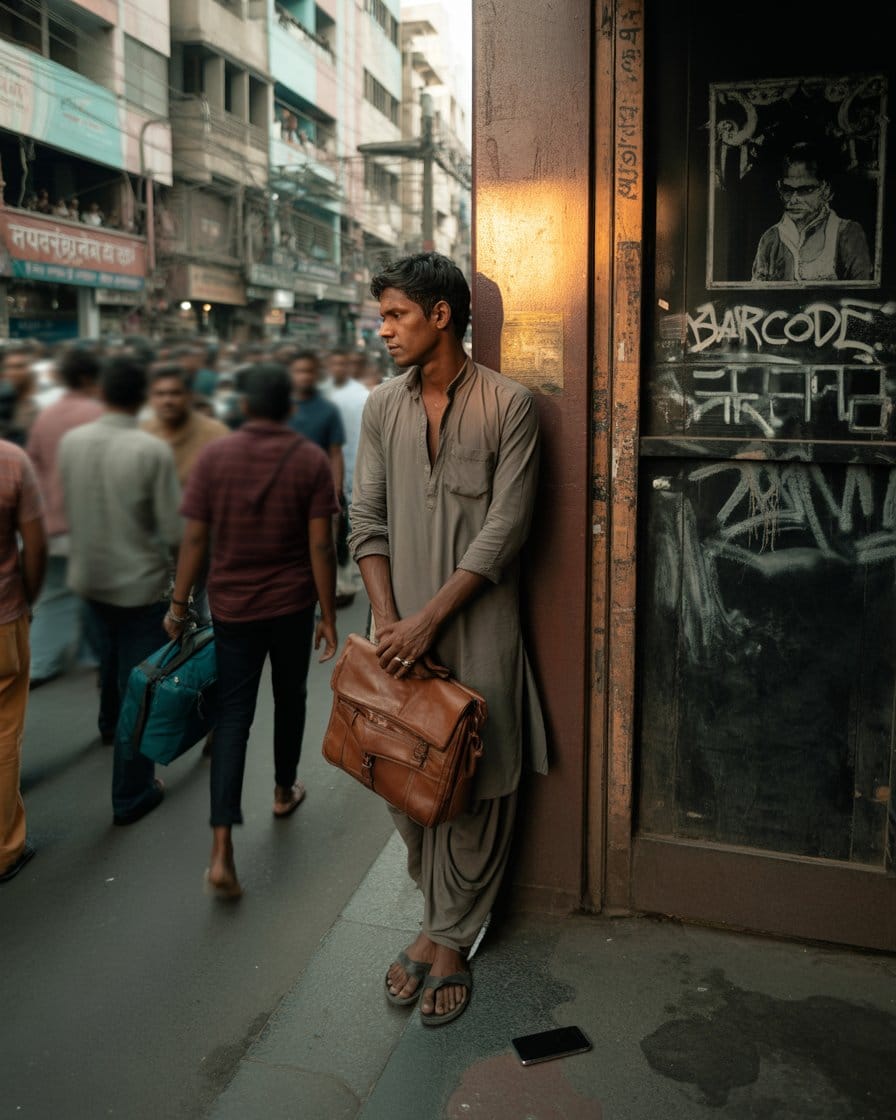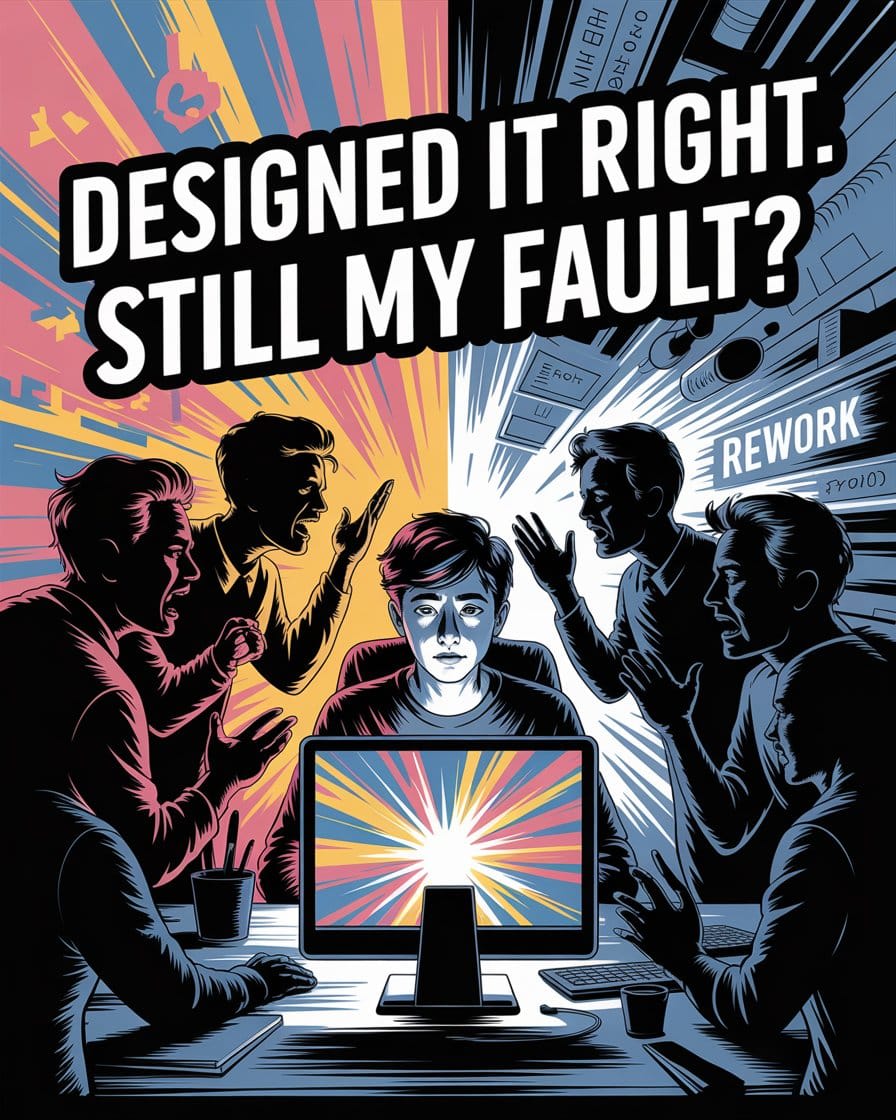Unveiling Gender Disparity in Love Tragedies: A Call for Balanced Empathy

Love is a terrain fraught with both joy and sorrow, yet how society responds to the tragedies that can accompany it often reveals deep-rooted gender inequalities. Consider two starkly contrasting scenarios:
In the first, a young man, not yet 28, tragically ends his life following a heart-wrenching breakup. The response from society? Silence. There are no questions asked of the woman involved, no scrutiny of her actions or accountability demanded. He is expected to bear his emotional turmoil quietly, his pain unseen and unacknowledged.
Now, juxtapose this with another scenario: a 23-year-old woman faces a similar fate, her life cut short by the anguish of love lost. In her case, however, the narrative shifts dramatically. Her partner, perceived as the cause of her despair, faces immediate condemnation. Society demands answers, authorities scrutinize his actions, and public opinion often paints him as the villain responsible for her demise.
What accounts for this glaring disparity in response? It boils down to societal expectations and entrenched gender norms. Men are often conditioned to internalize their emotions, expected to exhibit stoicism even in the face of profound heartbreak. On the other hand, women are frequently portrayed as more vulnerable, eliciting sympathy and support in times of distress.
These differing responses not only reflect but also reinforce harmful stereotypes about masculinity and femininity. Men are supposed to be strong and resilient, while women are seen as delicate and in need of protection. Such perceptions not only undermine the complexity of individual experiences but also skew justice and empathy along gender lines.
Behind these disparities lie deep-seated cultural biases. Men are often judged on their ability to provide and protect, while women are viewed through a lens that emphasizes their emotional needs and vulnerabilities. These biases influence how society interprets and reacts to love-related tragedies, often at the expense of fairness and genuine empathy.
Achieving true gender equality demands a paradigm shift in these ingrained attitudes. It necessitates recognizing that grief knows no gender and that accountability should not be predetermined by societal expectations based on gender roles. Both men and women deserve equal understanding and support in navigating the complexities of love and loss.
To dismantle these harmful stereotypes, we must cultivate empathy that transcends gendered perceptions. We must create a society where individuals are judged on the basis of their humanity, not their conformity to rigid gender norms. This means challenging the biases that perpetuate unequal treatment and advocating for a more compassionate and equitable response to all forms of human suffering.
In conclusion, addressing gender disparity in societal responses to love-related tragedies is not just about fairness; it is about affirming the inherent dignity and worth of every individual. It requires us to strive for a world where compassion is universal, justice is blind to gender, and empathy knows no boundaries. Only then can we truly claim to live in a society where everyone's pain and story are valued equally.
Imagine such a world, where a young man's grief receives the same empathy as a young woman's, and where love, in all its complexities, is met with understanding and respect, regardless of gender.



